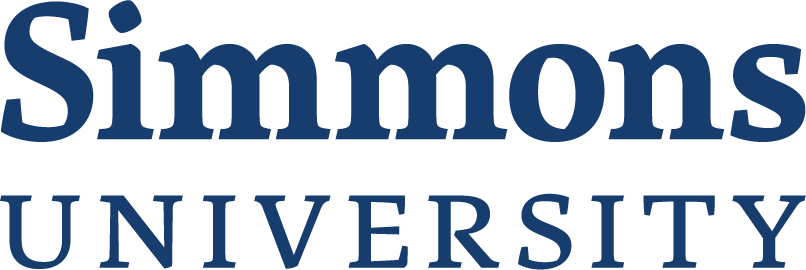Archives and Special Collections Research Librarian, UConn School of Law, Hartford, CT
Posted November 3, 2021
Description:
The University of Connecticut invites applications for a full-time position as an Archives and Special Collections Research Librarian (Librarian 1 or 2) in the School of Law, located in Hartford, CT. Reporting to the Head of Research and Instruction, the Archives and Special Collections Research Librarian manages the law library’s archives and special collections and provides reference and research services to faculty, students, staff, and members of the public.
SELECT DUTIES AND RESPONSIBILITIES
Collect, preserve, and provide access to materials that document the history of the Law School; Provide assistance with archival research to law school faculty, administration, and other departments; Develop and manage special projects, such as oral histories, displays, and online exhibits; Identify items with preservation or conservation concerns and work with library management to determine an appropriate treatment plan; Plan and oversee digitization projects and collaborate with stakeholders to maintain and expand the library’s digital collections; Prepare subject guides, finding aids, and bibliographies; Perform outreach and marketing to law school and university constituencies; Maintain library special collections, including determining if items meet criteria under the collection development policy for inclusion in the collection, processing and preservation, collection management, and monitoring climate and security; Provide reference assistance to law library patrons in person and virtually, including regular participation in evening and weekend rotations.
MINIMUM QUALIFICATIONS for Appointment at Librarian 1
A Master’s degree in Library and Information Science from an ALA accredited program; Work experience in a library setting; Demonstrated analytical and problem-solving skills; Demonstrated ability to explain and clarify information to supervisory and support staff possessing varying degrees of aptitude; Demonstrated strong interpersonal, verbal, and written communication skills; Ability to work collegially with diverse groups; Evidence of participate in professional development; Ability to work evenings and/or weekend hours.
Additional Minimum Qualifications for Appointment at Librarian 2
Minimum of three years related professional experience.
PREFERRED QUALIFICATIONS for an Appointment at a Librarian 1 or 2
One (1) to three (3) years or more of experience in an academic library, special library, or archives; Experience with providing reference services in an academic library, special library or archives; Knowledge of best practices in classifying and maintaining archival materials; Knowledge of digitization processes and associated metadata standards; Familiarity with academic or legal databases; Demonstrated ability to work successfully in a team-based environment.
How to Apply:
Please apply online at https://hr.uconn.edu/jobs, Staff Positions, Search #495797 to upload a resume, cover letter, and contact information for three (3) professional references.
All employees are subject to adherence to the State Code of Ethics which may be found at http://www.ct.gov/ethics/site/default.asp.
The University of Connecticut is committed to building and supporting a multicultural and diverse community of students, faculty and staff. The diversity of students, faculty and staff continues to increase, as does the number of honors students, valedictorians and salutatorians who consistently make UConn their top choice. More than 100 research centers and institutes serve the University’s teaching, research, diversity, and outreach missions, leading to UConn’s ranking as one of the nation’s top research universities. UConn’s faculty and staff are the critical link to fostering and expanding our vibrant, multicultural and diverse University community. As an Affirmative Action/Equal Employment Opportunity employer, UConn encourages applications from women, veterans, people with disabilities and members of traditionally underrepresented populations.
